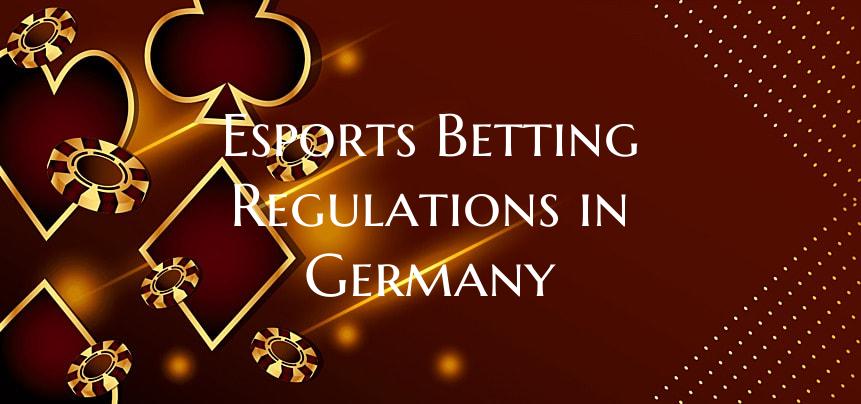Esports Betting Regulations in Germany
Esports, or electronic sports, have seen an exponential rise in popularity over the years, with a growing number of enthusiasts worldwide. Alongside this surge in interest comes the emergence of esports betting, where fans can wager on their favorite teams and players competing in various video game tournaments. In Germany, as in many other countries, the regulation of esports betting is a topic of great importance.
Germany has a stringent regulatory framework when it comes to gambling, which also extends to esports betting. The main legislation governing gambling activities in Germany is the State Treaty on Gambling (Glücksspielstaatsvertrag). This treaty provides a legal framework for all forms of gambling, including sports betting and electronic sports betting.
In Germany, esports betting is considered a form of sports betting and falls under the jurisdiction of the Glücksspielstaatsvertrag. This means that operators offering esports betting services must comply with the regulations set forth in the treaty. These regulations include requirements such as obtaining a valid license, implementing responsible gambling measures, and ensuring the protection of minors and vulnerable individuals.
Operators looking to offer esports betting services in Germany must apply for a license from the relevant regulatory authority. The process of obtaining a license involves meeting strict criteria and undergoing thorough scrutiny to ensure compliance with the regulations. Licensed operators are subject to ongoing monitoring and are required to adhere to reporting and auditing requirements to maintain their license.
One of the key aspects of esports betting regulations in Germany is the promotion of responsible gambling. Operators are required to implement measures such as age verification, self-exclusion options, and responsible gaming tools to prevent and address problem gambling behavior. Additionally, operators must refrain from targeting minors in their marketing and advertising efforts.
Another important aspect of esports betting regulations in Germany is the protection of the integrity of esports competitions. To prevent match-fixing and other forms of corruption, operators are required to report suspicious betting activities and cooperate with sports organizations and authorities in investigating such incidents.
In conclusion, esports betting regulations in Germany are aimed at ensuring a safe and secure environment for betting enthusiasts while upholding the integrity of esports competitions. By following the requirements set forth in the State Treaty on Gambling, operators can contribute to a sustainable and responsible esports betting industry in Germany.
